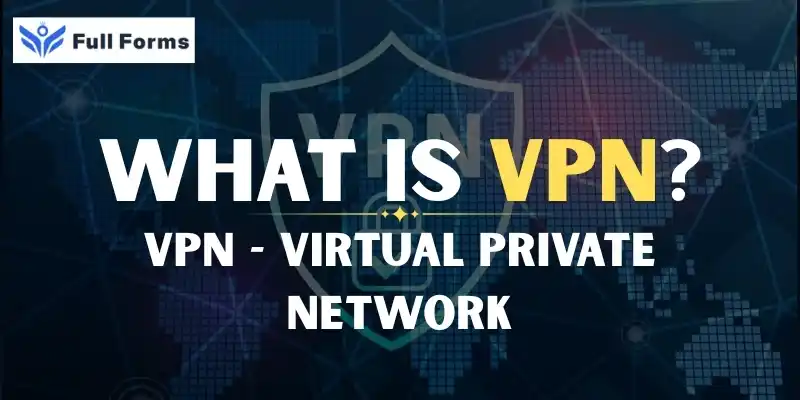Virtual Private Network
(VPN)

Description
A Simple and Comprehensive Guide to Virtual Private Networks (VPNs)
In the modern digital era, a huge part of our lives unfolds online—from managing our finances and shopping to socializing and working remotely. With so much personal and sensitive information being transmitted over the internet, safeguarding our digital privacy has become more crucial than ever. This is exactly where a Virtual Private Network, or VPN, proves its value. But what is a VPN, how does it function, and why might you want to use one? Let’s explore these questions in easy-to-understand language.
What Is a VPN?
A Virtual Private Network (VPN) is a technology that protects your online connection by forming a secure, encrypted “tunnel” between your device (such as a phone, tablet, or computer) and the wider internet. You can think of it as a shield that keeps your data private and secure from prying eyes—whether those are cybercriminals, advertisers, or even your own internet service provider (ISP).
When you activate a VPN, all your internet activity is routed through this protected tunnel to a server run by the VPN provider. This server could be based anywhere in the world. From there, your internet requests are sent out anonymously to their final destination. Along the way, your true IP address is hidden, making it more difficult for anyone to track your location or online habits.
How Does a VPN Work?
Imagine you’re sending a postcard, and anyone along the delivery route can read what you’ve written. Now, picture sealing your message inside a locked box that only you and the recipient can open. That’s essentially how a VPN operates for your online information.
Here’s a step-by-step look at what happens when you use a VPN:
- Connecting: You use a VPN app or software to connect to the VPN’s network.
- Encrypting: Your data is encrypted—converted into a code that’s unreadable to outsiders—as soon as it leaves your device.
- Transmitting: This encrypted data travels through your ISP’s infrastructure, but it remains scrambled and private.
- VPN Server: Your information reaches the VPN server, where it’s decrypted and then sent on to the website or service you’re accessing.
- Masking: To the outside world, it appears that your internet activity originates from the VPN server’s location, not your actual device.
Why Use a VPN?
There are several common reasons why people turn to VPNs:
- Stronger Privacy: VPNs mask your IP address and encrypt your traffic, making it much harder for anyone to monitor your online activities—even on public Wi-Fi networks.
- Enhanced Security on Public Networks: Free Wi-Fi at places like airports and cafes can be risky, but a VPN helps keep your information safe from hackers.
- Access to Geo-Restricted Content: Some websites and streaming platforms limit access based on your location. By connecting to a server in another country, a VPN lets you unlock content as if you were there.
- Bypassing Censorship: In some countries, certain sites or services are blocked. A VPN can help you access restricted content and browse the open internet.
- Secure Remote Work: Many companies require employees to use VPNs to safely connect to internal systems and protect sensitive business data when working from home or traveling.
Are There Any Drawbacks to Using a VPN?
While VPNs offer many benefits, there are a few things to consider:
- Slower Speeds: Encrypting your data and sending it through distant servers can sometimes slow down your internet connection.
- Trusting the Provider: You’re relying on the VPN company to respect your privacy. It’s important to pick a reputable provider with strong privacy policies and no logging practices.
- Not a Total Security Solution: While VPNs enhance privacy, they can’t shield you from every online threat. Scams, malware, and phishing attacks are still risks, so smart browsing habits remain essential.
How to Get Started with a VPN
Using a VPN is usually quick and simple:
- Select a reliable VPN provider.
- Download and install their app on your device.
- Log in and pick a server location.
- Hit “connect” to start protecting your internet traffic.
Most VPN services support a range of devices, from computers and smartphones to tablets, smart TVs, and even home routers.
Final Thoughts
A Virtual Private Network (VPN) is an effective way to boost your privacy and keep your online activities secure. With its ability to encrypt your data and mask your location, a VPN helps you stay protected on public networks, access the content you want, and browse the internet with far greater anonymity. As online privacy concerns grow, using a VPN has become a smart choice for anyone who wants greater security and peace of mind online.
